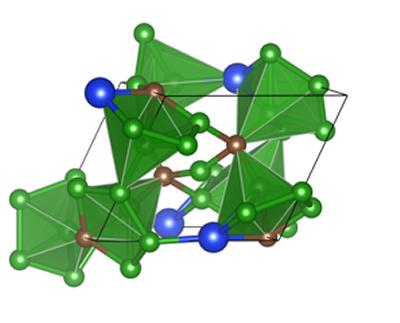Research project: Silicon Doped Boron Carbide: A New Super-hard Material?
In a joint computational and experimental project we are investigating the origin of super-hardness.
In a joint computational and experimental project we are investigating the origin of super-hardness.
Boron carbide (B¬4C) is a ceramic that exhibits superlative mechanical properties. In addition to being one of the hardest known materials it shows excellent thermal and chemical stability, very high modulus and wear resistance. It is therefore used in a wide range of applications including armor, tools, polishing pastes and scratch resistant coatings.
Like most ceramics B4C is very brittle material, limiting its use in some applications. However recent reports have suggested that doping boron carbide with a small amount of silicon may create a material with much greater ductility with high hardness. We are trying to understand this phenomenon with a joint computational and experimental project.
The amazing properties of B4C are determined by its complicated crystal structure so ab initio simulations are being used to predict the likely structure of the silicon alloy, Figure 1. Novel methods are also being developed to estimate the mechanical properties of ceramics directly from their crystal structures. This will allow greater understanding of the increased ductility and enable it to be predicted for other structures.

Practically thin films of silicon containing B4C are being prepared by magnetron sputtering with a range of stoichiometries and synthesis temperatures. The properties of these films will be measured to validate the accuracy of the computational predictions and identify the real materials with best performance for a range of applications.